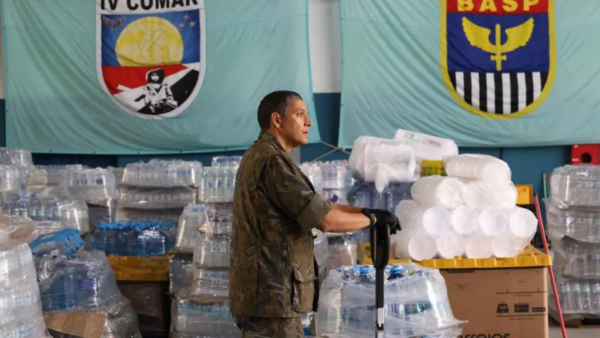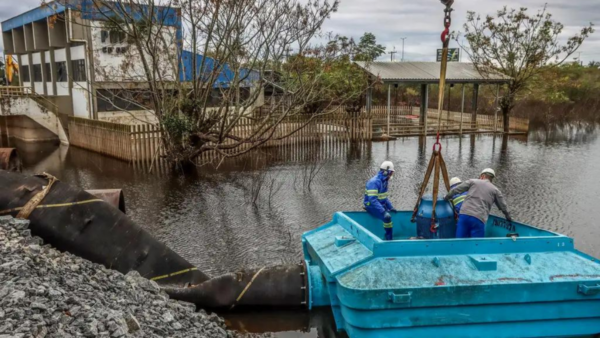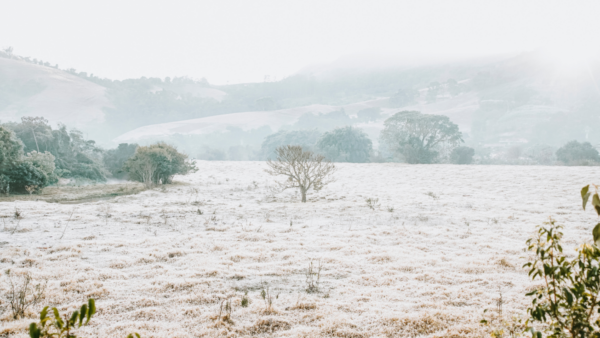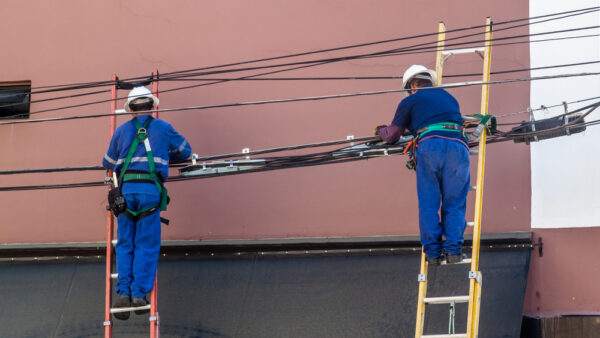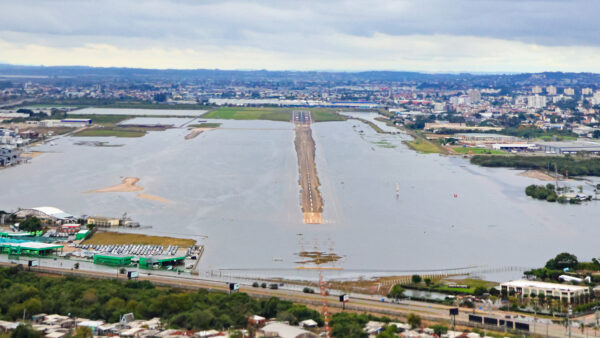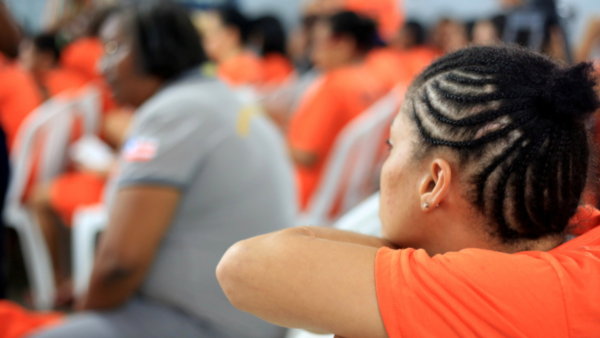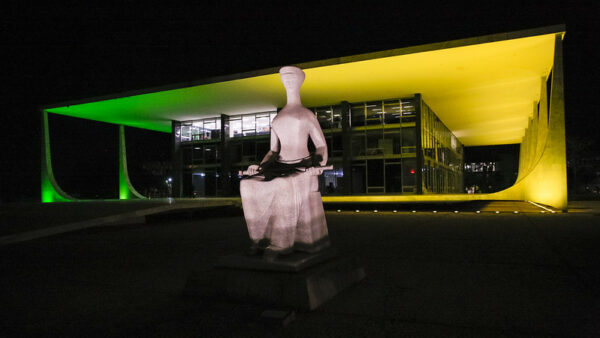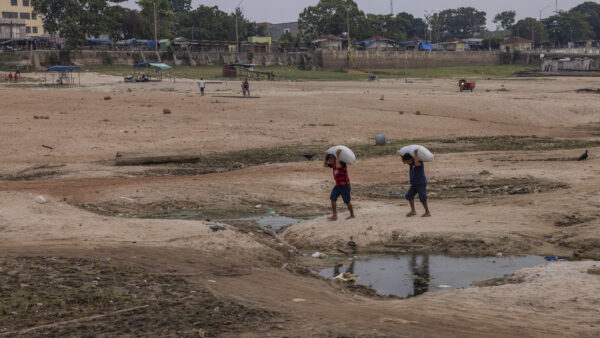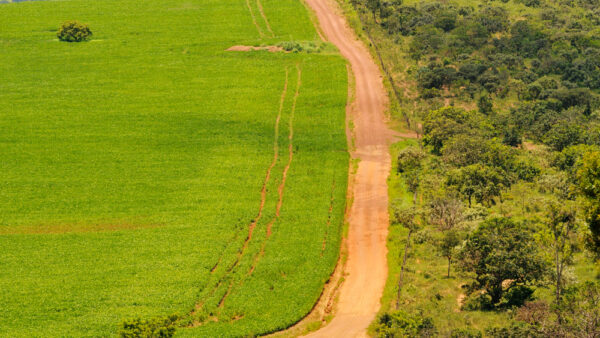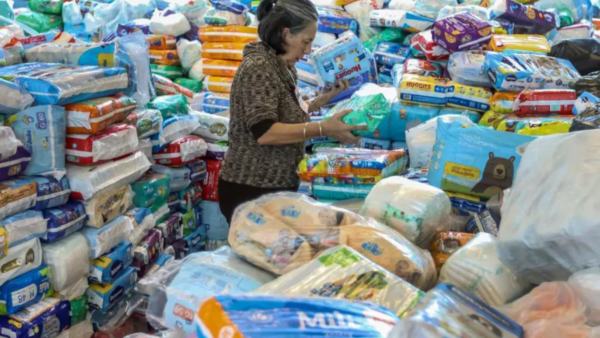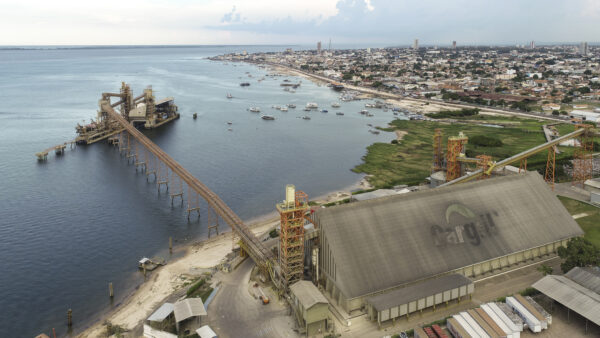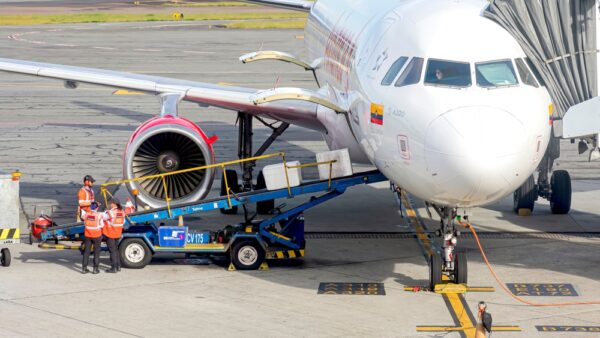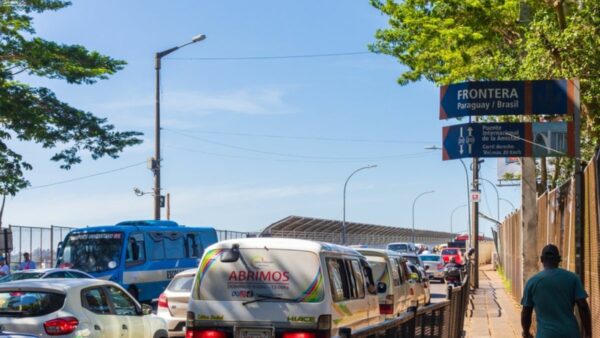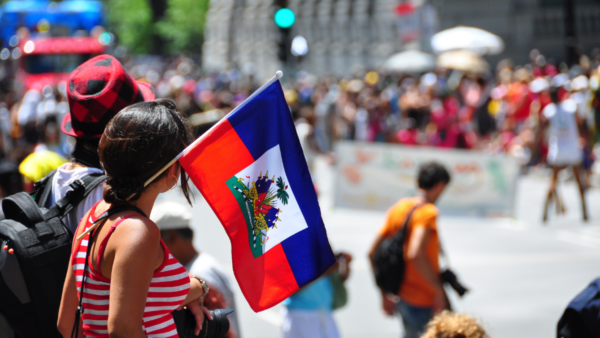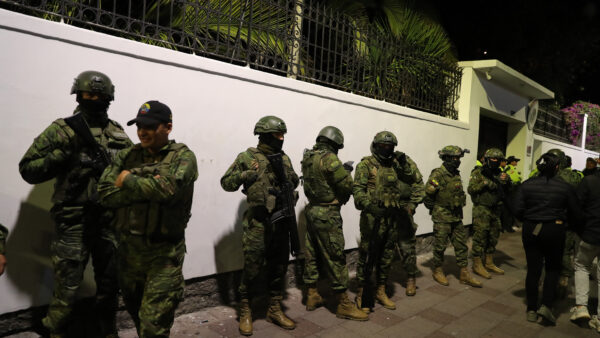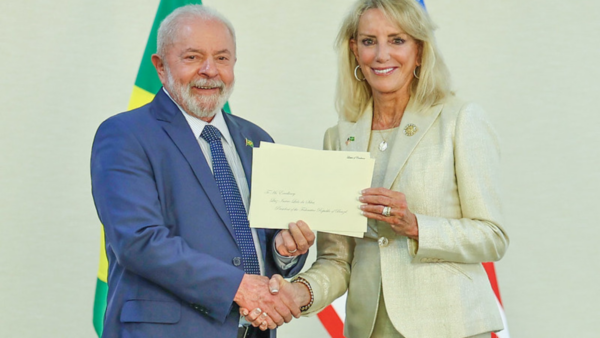Brazil’s National Committee for Refugees (Conare) granted a record 77,193 people refugee status last year, elevating the total number of refugees in Brazil to 143,033 — 117 percent more than in 2022.
Citizens from Venezuela, Cuba, and Angola formed the majority of people seeking asylum in Brazil in 2023, according to a report presented on Thursday at the Justice Ministry.
Out of more than 58,000 asylum seekers in 2023, about half (29,467) were from Venezuela, while more than 11,000 were from Cuba and more than 3,900 from Angola.
Conare reviewed more than 138,000 asylum applications last year, 72 percent of which were in the country’s North region, where most of the Amazon rainforest is located. The state of Roraima, which borders Venezuela, was the source of more than half of the requests.
During the 2020 municipal elections, many conservative candidates in Roraima campaigned on an anti-Venezuelan platform — and the state saw a surge in attacks against immigrants.
Two years later, the far-right then-incumbent President Jair Bolsonaro — a public opponent of Venezuelan President Nicolás Maduro — won the most votes in Roraima by a large margin in the presidential runoff election, outstripping eventual winner Luiz Inácio Lula da Silva by a 76-24 margin.
Government data also shows that there were a total of 223,411 immigrants formally working and living in Brazil last year. In late 2021, the Justice Ministry estimated that about 1.3 million immigrants lived in Brazil, including children and teenagers.
“With the demographic transformations taking place, there is an urgent need to reevaluate and/or redirect public policies towards a structured reality based on the greater presence of women, as well as children and adolescents in the composition of asylum seekers and refugees,” the report says. “Thus, there is renewed urgency to improve public policies in order to guarantee broad access to information and basic social protection instruments.”
Asylum seekers in Brazil are usually young; 80 percent are aged 39 or under.
Brazilian legislation states that, once on Brazilian soil, foreigners may request asylum in cases of well-founded fears of persecution related to issues of race, religion, nationality, membership of a social group, political persecution, or for suffering human rights violations.


 Search
Search
